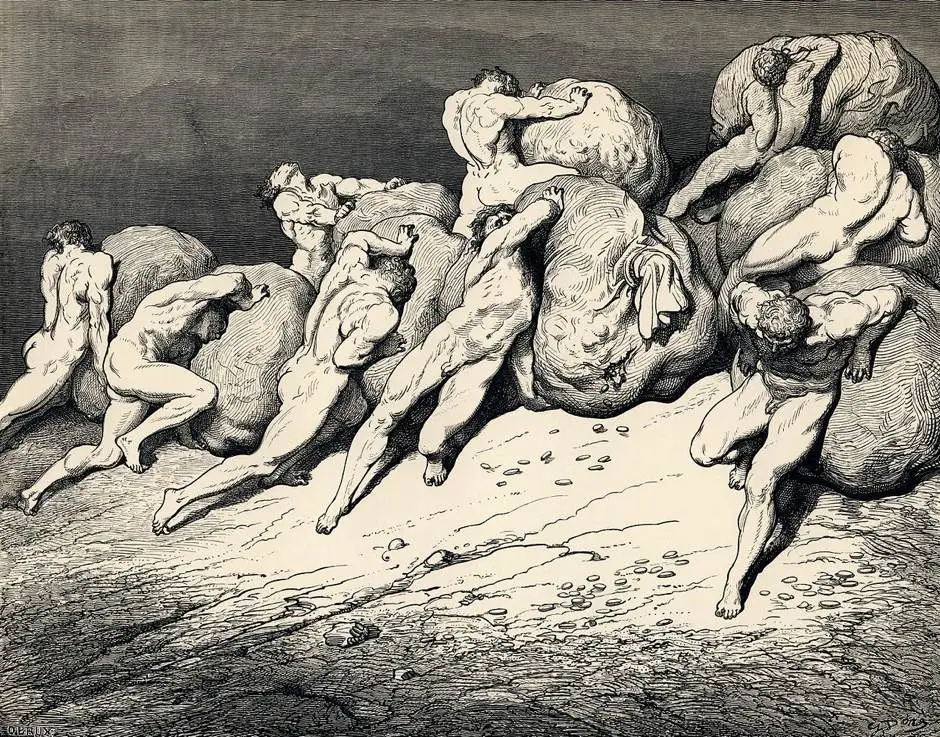In literature, the theme of bureaucracy has been extensively explored as an integral aspect of governance and administrative life. Authors have depicted bureaucracy in various forms, shedding light on its social, cultural, and political implications.
In classic literature, renowned authors such as Charles Dickens, Franz Kafka, and George Orwell have delved into the complexities of bureaucratic systems, offering multifaceted perspectives on its impact. Through works like “Little Dorrit,” “The Trial,” and “1984,” these authors have provided incisive critiques of bureaucratic institutions, highlighting their influence on individual lives and societal structures.
Moreover, literature has portrayed bureaucracy as a vehicle for political power and control, often portraying it as synonymous with state authoritarianism and the exploitation of power by individuals. This portrayal can be seen in Shakespeare’s “King John,” where the character Bastard articulates scathing rebukes directed towards governmental institutions, reflecting the prevailing sentiments of the time.
Literary works have also offered firsthand accounts of the experiences of civil servants, providing insightful commentaries on the inner workings of bureaucratic systems. Authors like John Milton and Anthony Trollope have drawn from their own encounters with bureaucracy to create compelling narratives that resonate with the challenges and moral dilemmas faced by those within administrative roles.
Pl, subscribe to the YouTube channel of republicpolicy.com
Furthermore, literature has illuminated the injustices perpetuated by bureaucratic institutions, as seen in Charles Dickens’ “Bleak House” and Nikolai Gogol’s “Dead Souls.” These works emphasize how bureaucratic processes can lead to convoluted and protracted procedures, resulting in grave repercussions for ordinary individuals.
Overall, literature’s portrayal of bureaucracy serves as a testament to its enduring relevance and offers profound insights into the complexities of governance, societal structures, and the human experience. Through the lens of classic literary works, readers gain a deeper understanding of the multifaceted impact of bureaucracy on various aspects of life.
In Charles Dickens’ renowned novel “Little Dorrit,” penned in 1857, the author delves into the concept of bureaucracy through his depiction of the Circumlocution Office. This office, as described by Dickens, represents an entity wielding significant influence and control through the intricate and opaque employment of language.
The critical examination of bureaucracy in literature emerges as a recurring theme, spanning across English and Russian literary works, despite the underlying disparities in governance and political ideologies. Furthermore, within literary narratives, bureaucracy is often portrayed as synonymous with state authoritarianism and the exploitation of power by individuals. Shakespeare’s play “King John” exemplifies this as the character Bastard articulates scathing rebukes directed towards governmental institutions through his impassioned speeches.
Transitioning to Franz Kafka’s “The Trial,” the narrative presents a scathing critique of legal bureaucracy and its exacerbation of the tribulations faced by ordinary individuals. Within this work, bureaucratic entities are portrayed as faceless institutions, indifferent to the anguish experienced by the public.
Notably, the prevalence of bureaucratic criticism within literary works extends beyond mere observational commentary by the authors. Notable figures such as John Milton and Anthony Trollope offer firsthand accounts of their experiences as civil servants. Milton, celebrated for his timeless work “Paradise Lost,” served as the secretary for foreign tongues, and his writings allude to the intricacies of bureaucracy through the exploration of themes such as free will, divine governance, and the ramifications of disobedience.
Conversely, Anthony Trollope adopts a direct approach in his criticism of bureaucracy. With firsthand experience as a civil servant in the Victorian post office, Trollope employs sharp satire to castigate bureaucratic institutions. In works such as “The Way We Live Now,” he presents a moral quandary that resonates with the experiences of many civil servants, encapsulated within the statement, “It is better to be unjust to one than to be unjust to all.”
Within the Victorian era, Charles Dickens, in his work “Bleak House,” fervently critiques and satirizes legal bureaucracy for its convoluted and unnecessarily protracted processes. His narrative illuminates the injustices perpetuated by those entrusted with upholding justice and the grave repercussions borne by ordinary individuals.
Similarly, Nikolai Gogol’s satirical Russian novel “Dead Souls” provides a scathing commentary on Russian society and bureaucracy. The protagonist’s engagement in the purchase of deceased farmers symbolically reflects how bureaucratic institutions often blur the line between ethical considerations and personal gain.
Additionally, George Orwell’s “1984” strategically employs bureaucratic processes and structures to cast the looming shadow of Big Brother, underscoring the pervasive influence of bureaucracy as the linchpin of every state, irrespective of its role.
Finally, W. H. Auden’s poem, “The Unknown Citizen,” offers a poignant yet ironic perspective on the loss of personal identity within bureaucratic systems. The poem delves into the transformation of civil servants into conformists, wherein individuality dissipates within the overarching framework of bureaucracy, a phenomenon that has long characterized bureaucratic systems.
The multifaceted exploration of bureaucracy and its impact encapsulated within classic literary works serves as a testament to its enduring relevance and the profound insights it offers into the complexities of governance and societal structures.
















